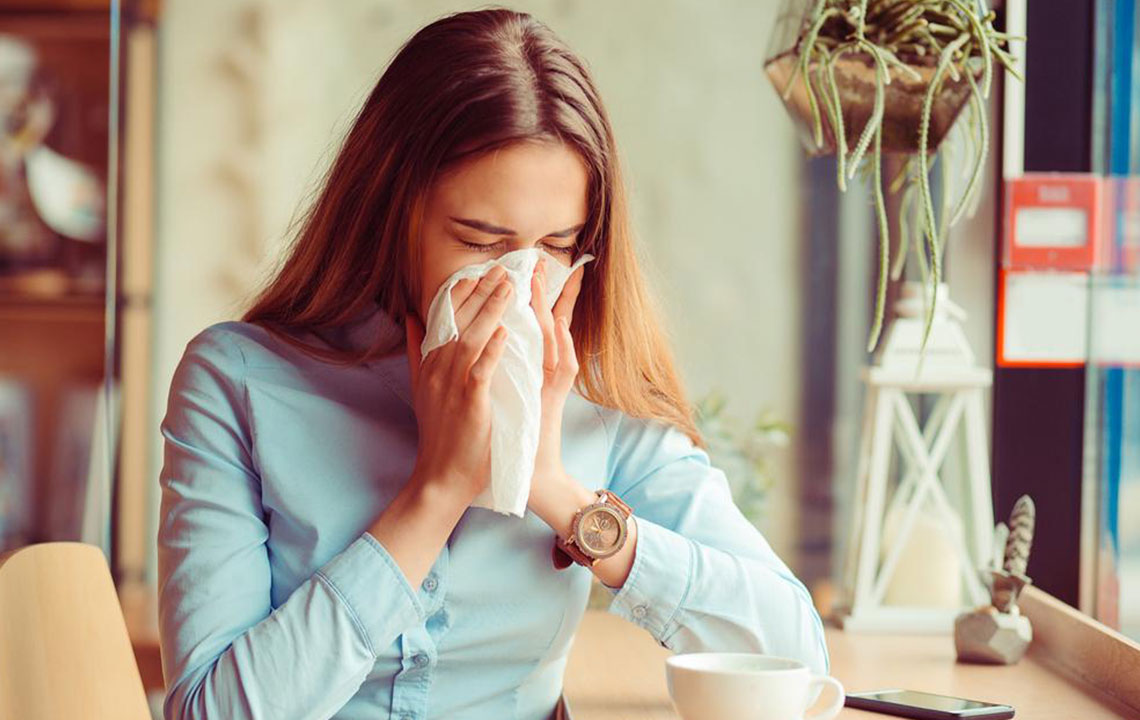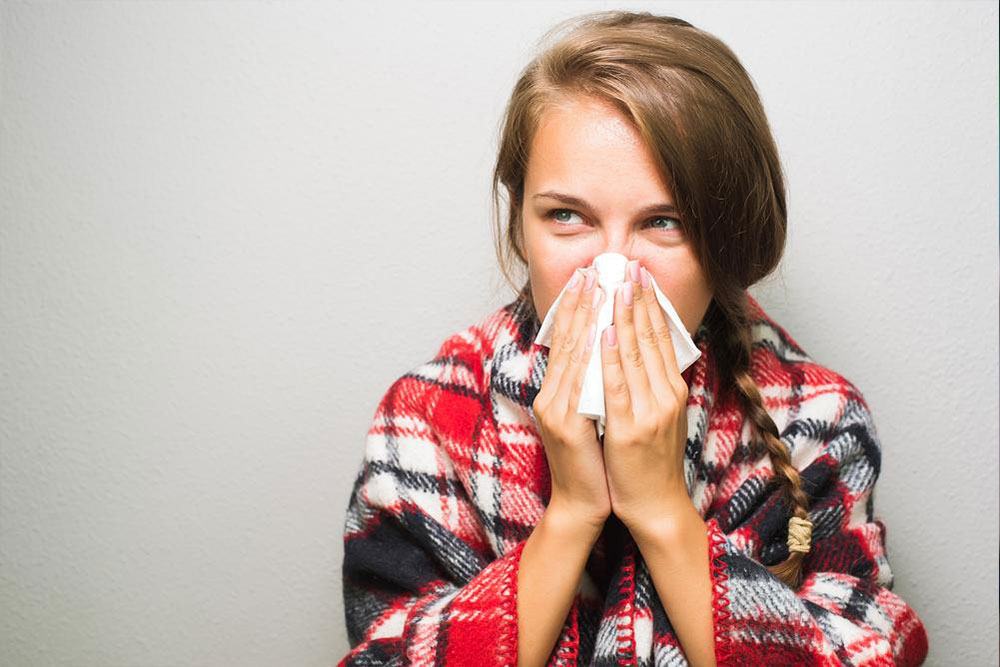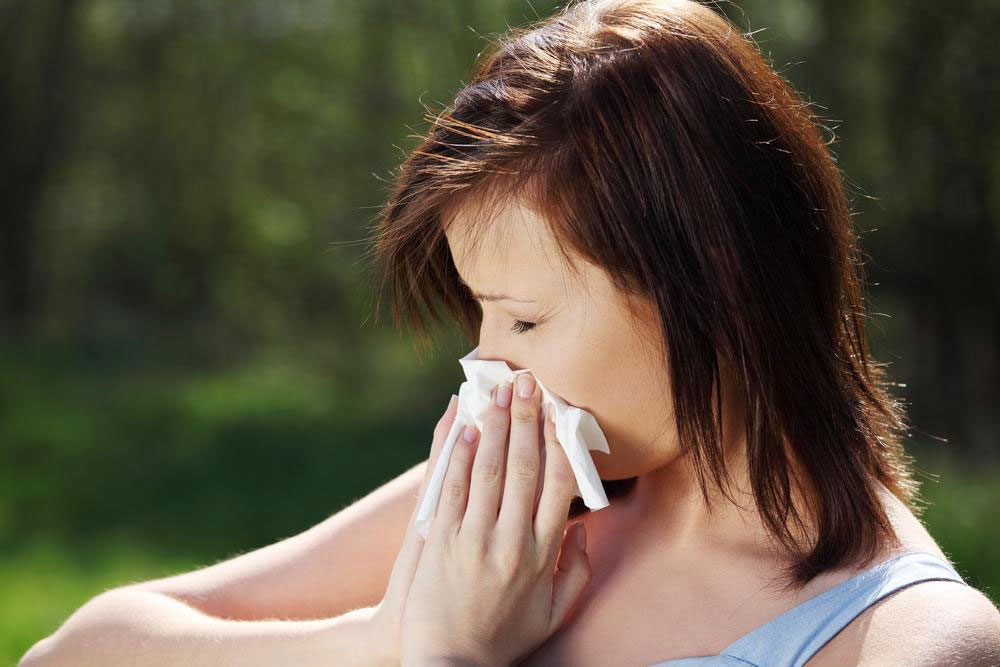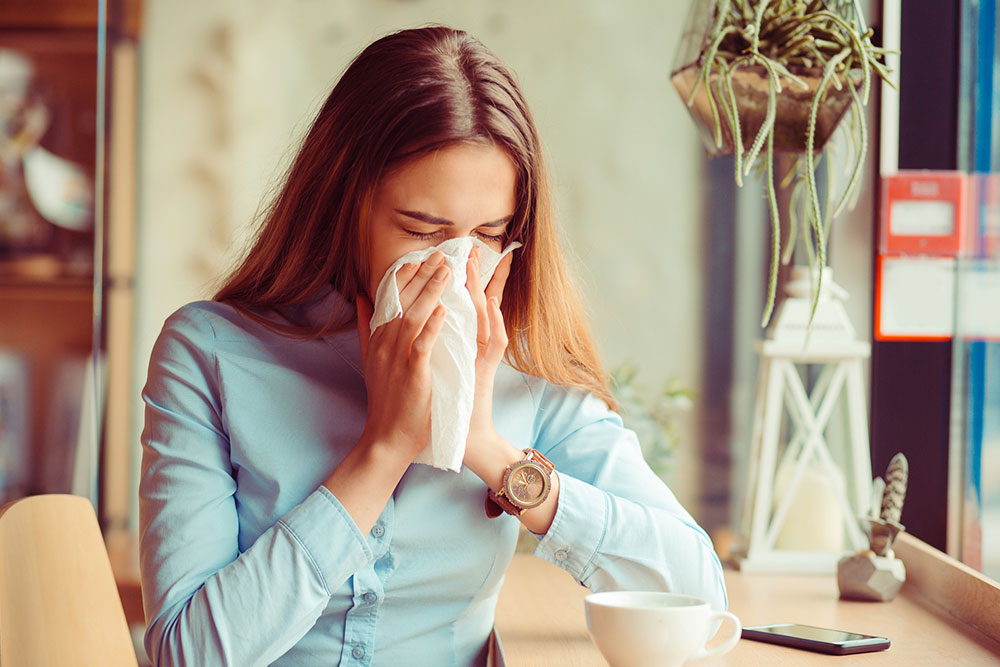Ultimate Guide to Modern Allergy Management and Relief
This comprehensive guide explores modern strategies for allergy management, emphasizing allergen avoidance, medication options, and immunotherapy. It provides practical tips for reducing exposure and alleviating symptoms, helping individuals improve their quality of life through tailored treatment approaches.

Ultimate Guide to Modern Allergy Management and Relief
Allergies impact a wide range of people across all age groups. Effective management starts with identifying and avoiding triggers such as pollen, air pollution, pet dander, and dust mites. Diagnostic testing helps identify specific allergens, allowing for targeted treatment. Symptoms like sneezing, coughing, and skin irritations can be reduced through various strategies. Treatments include allergen avoidance and medications. Prompt action to manage allergies enhances quality of life and prevents symptom escalation.
There are two main strategies for controlling allergies:
Reduce Exposure to Allergens
Limiting contact with allergens significantly aids recovery. Although sometimes challenging, this approach is preferred and often combined with medication.
Effective methods include:
Carefully monitor diet to prevent food allergies.
If allergic to pets, get tested, keep animals in separate areas, and maintain cleanliness through regular bathing and vacuuming.
Create a clean, well-ventilated environment to prevent mold. Frequently wash bedding and curtains, and minimize carpet use to reduce dust.
Avoid outdoor areas with high pollen counts, especially during peak seasons.
Medication and Symptom Relief
If avoiding allergens isn’t enough, medications can effectively ease symptoms. Always consult healthcare professionals before starting any medication, especially if you have other health issues.
Antihistamines
Antihistamines help quickly alleviate allergy symptoms and can be used preventively. They come in tablet, eye drop, cream, or liquid forms, tailored to your needs.
Topical Products
Used for skin reactions such as rashes, creams and lotions soothe irritation and reduce redness. Over-the-counter options like calamine lotion also hydrate the skin and prevent further issues.
Nasal Decongestants
Decongestant sprays or tablets provide rapid relief from nasal congestion. Use them short-term, as prolonged use can worsen symptoms.
Steroid Treatments
Steroid medications decrease inflammation caused by allergies. They are available as nasal sprays, eye drops, inhalers, or oral tablets. Always get medical guidance before use, especially in severe cases.
Immunotherapy
This proactive, long-term approach involves allergen shots, tablets, or drops administered under medical supervision. It gradually trains the immune system to reduce sensitivity over time.
In emergency situations like anaphylaxis, specialized injectable devices are crucial. Always carry an emergency injector if at risk.
Understanding these options enables personalized allergy care. Persistent or severe symptoms require medical evaluation. Do not self-medicate without professional guidance.


